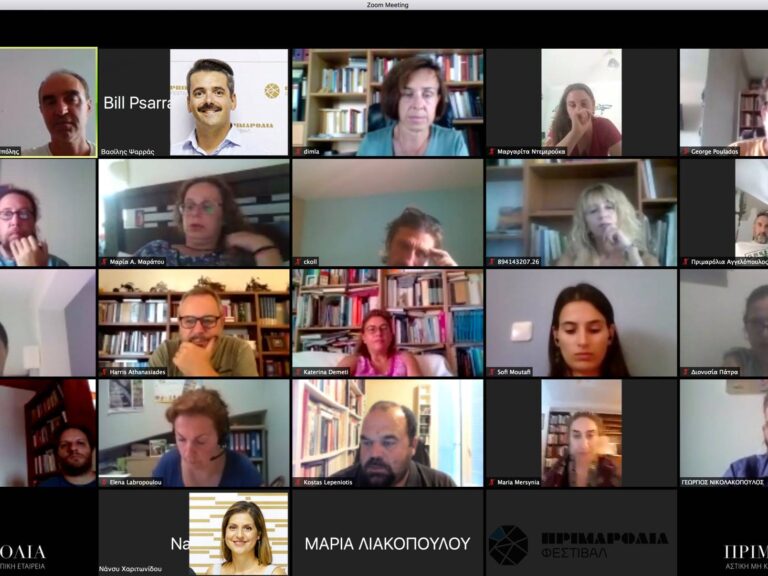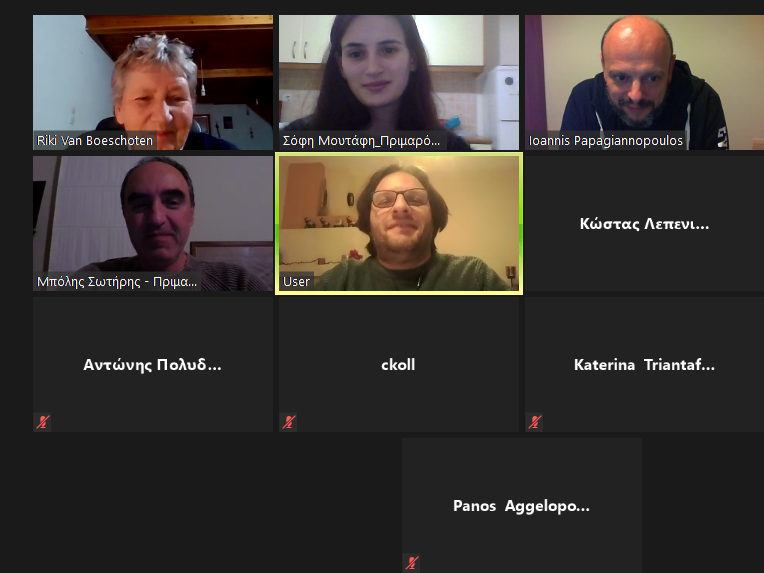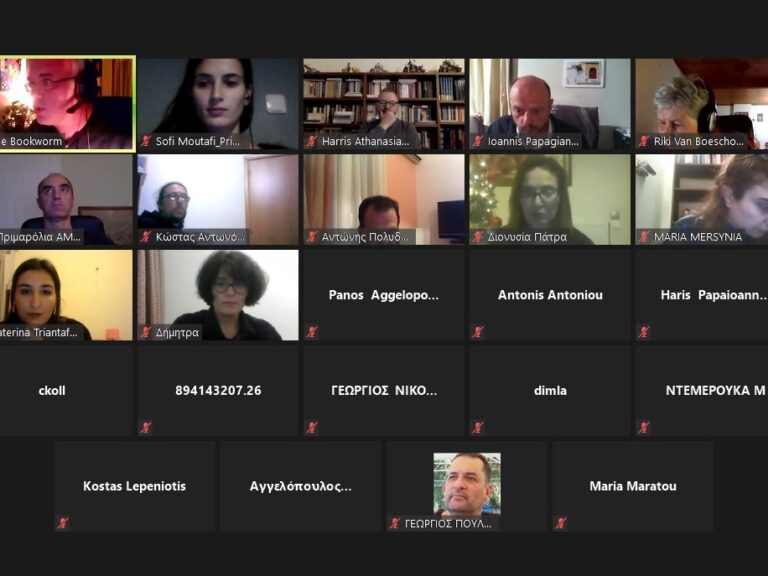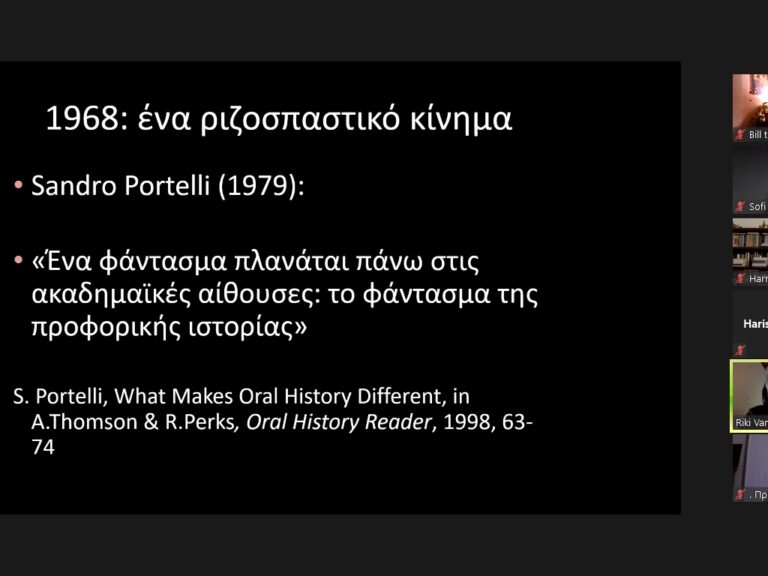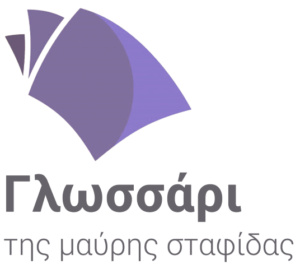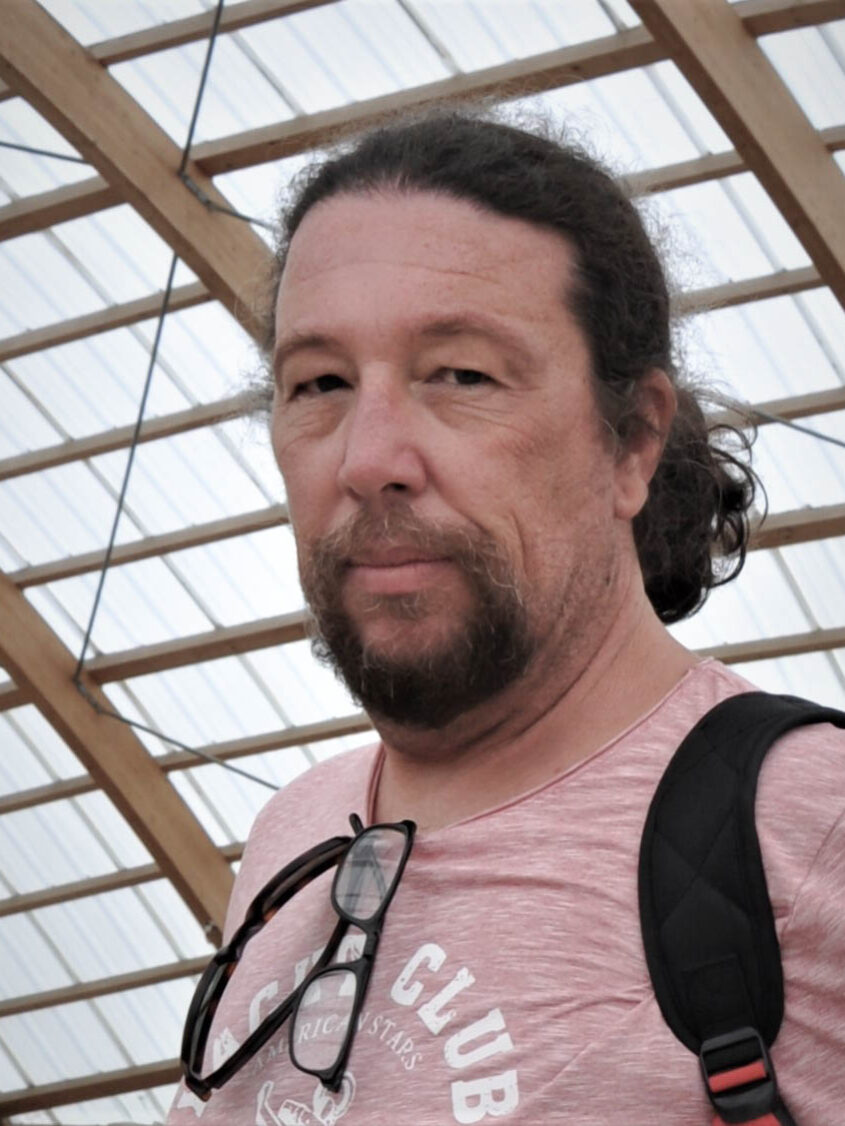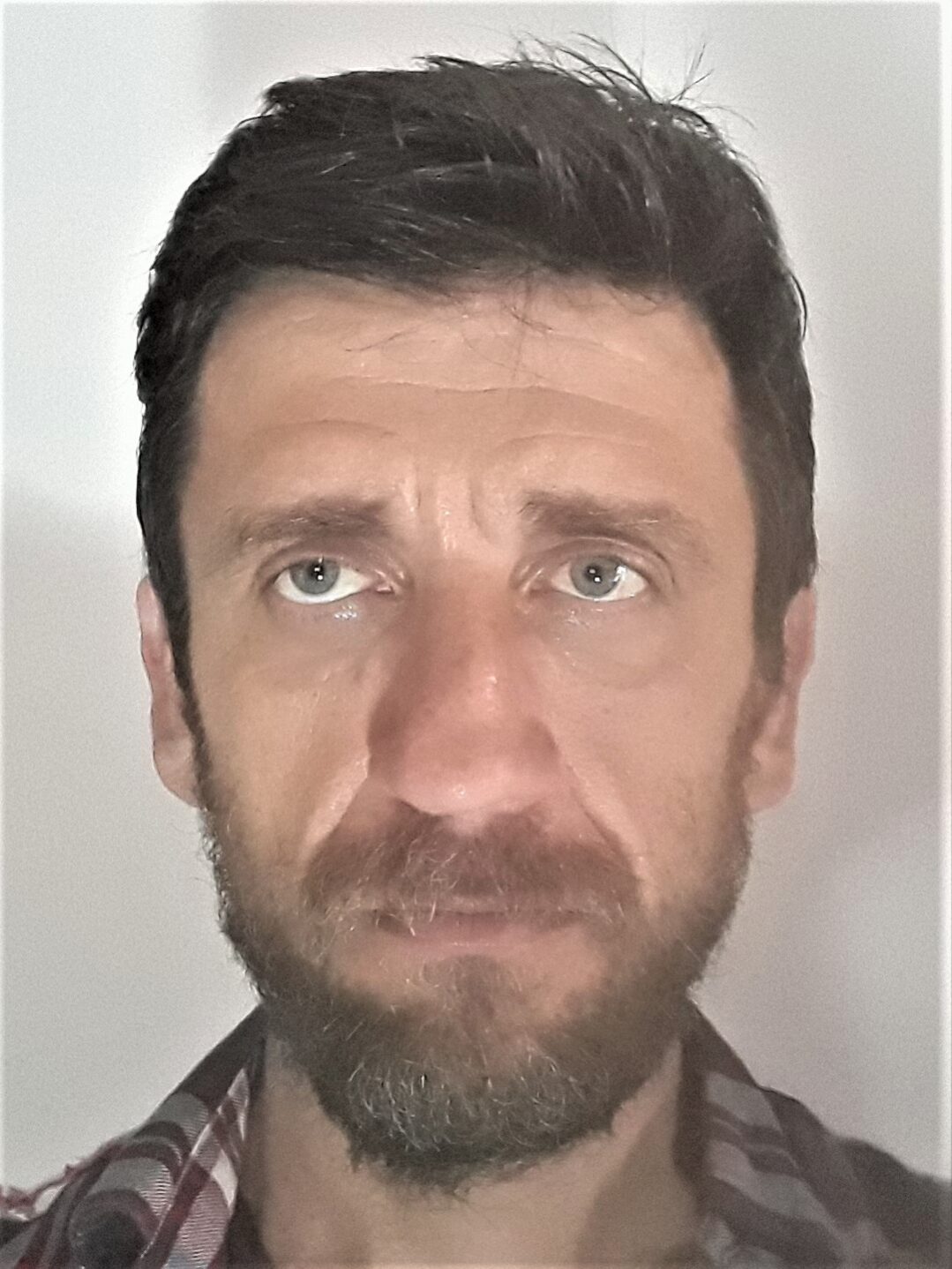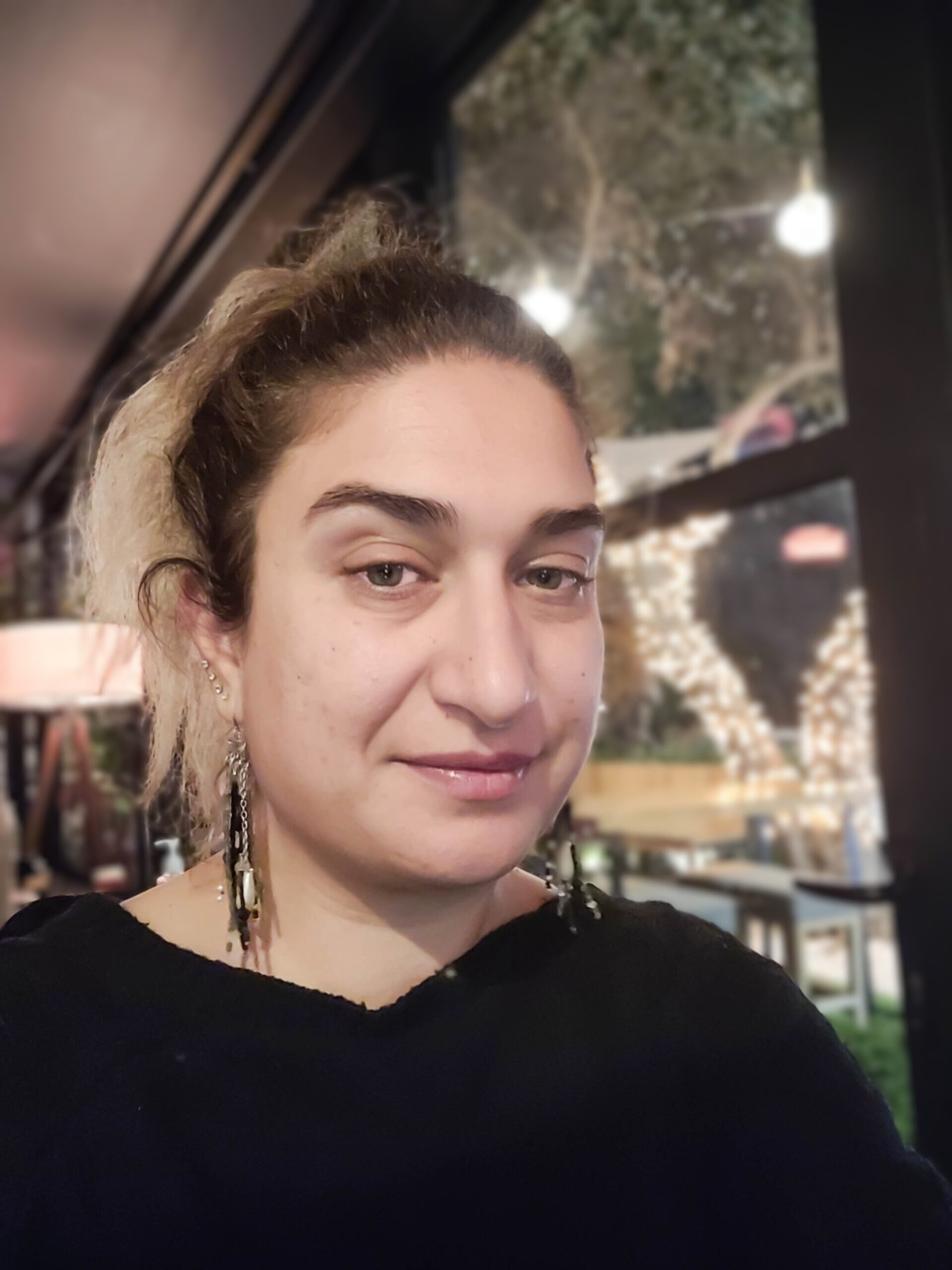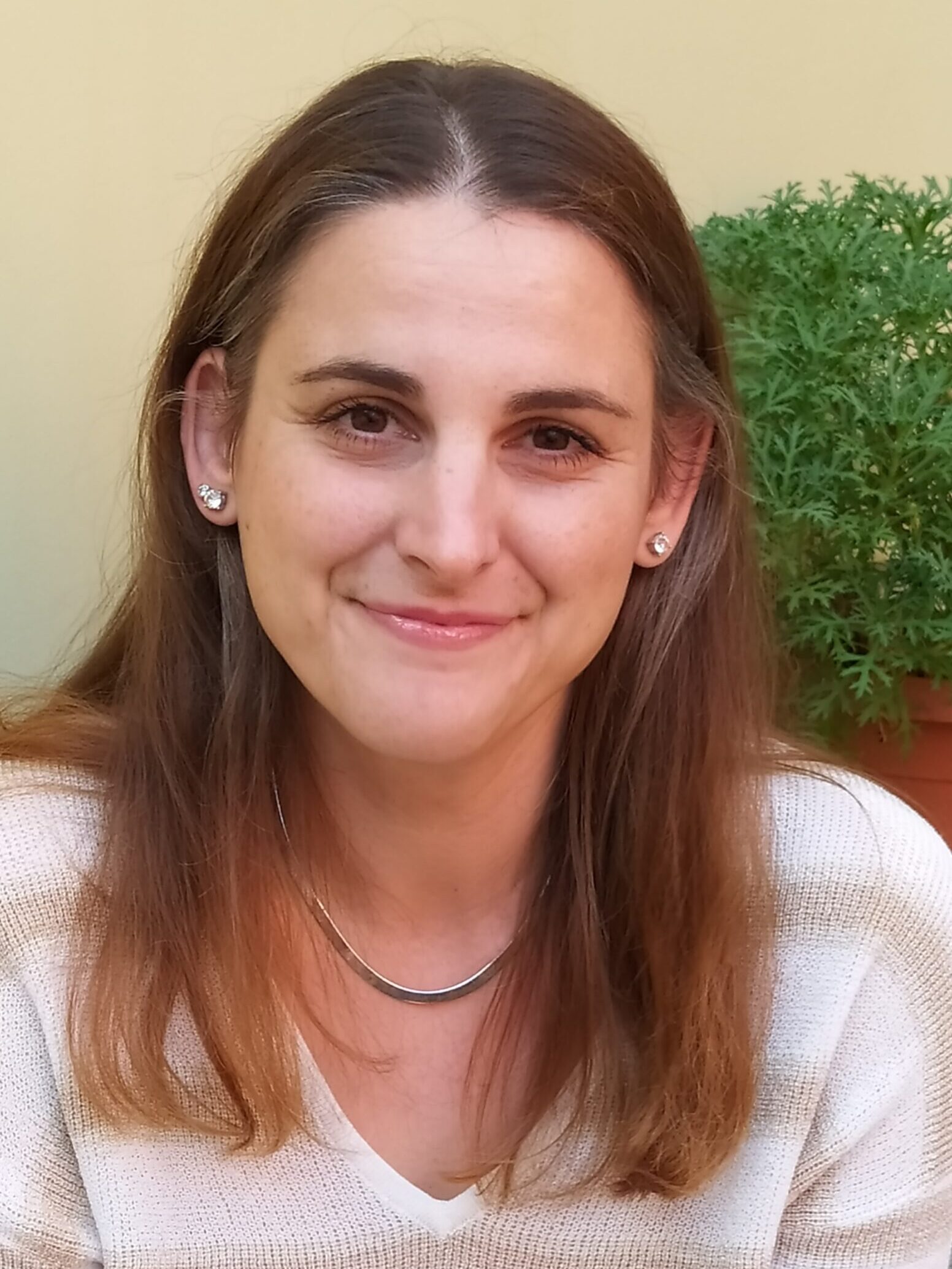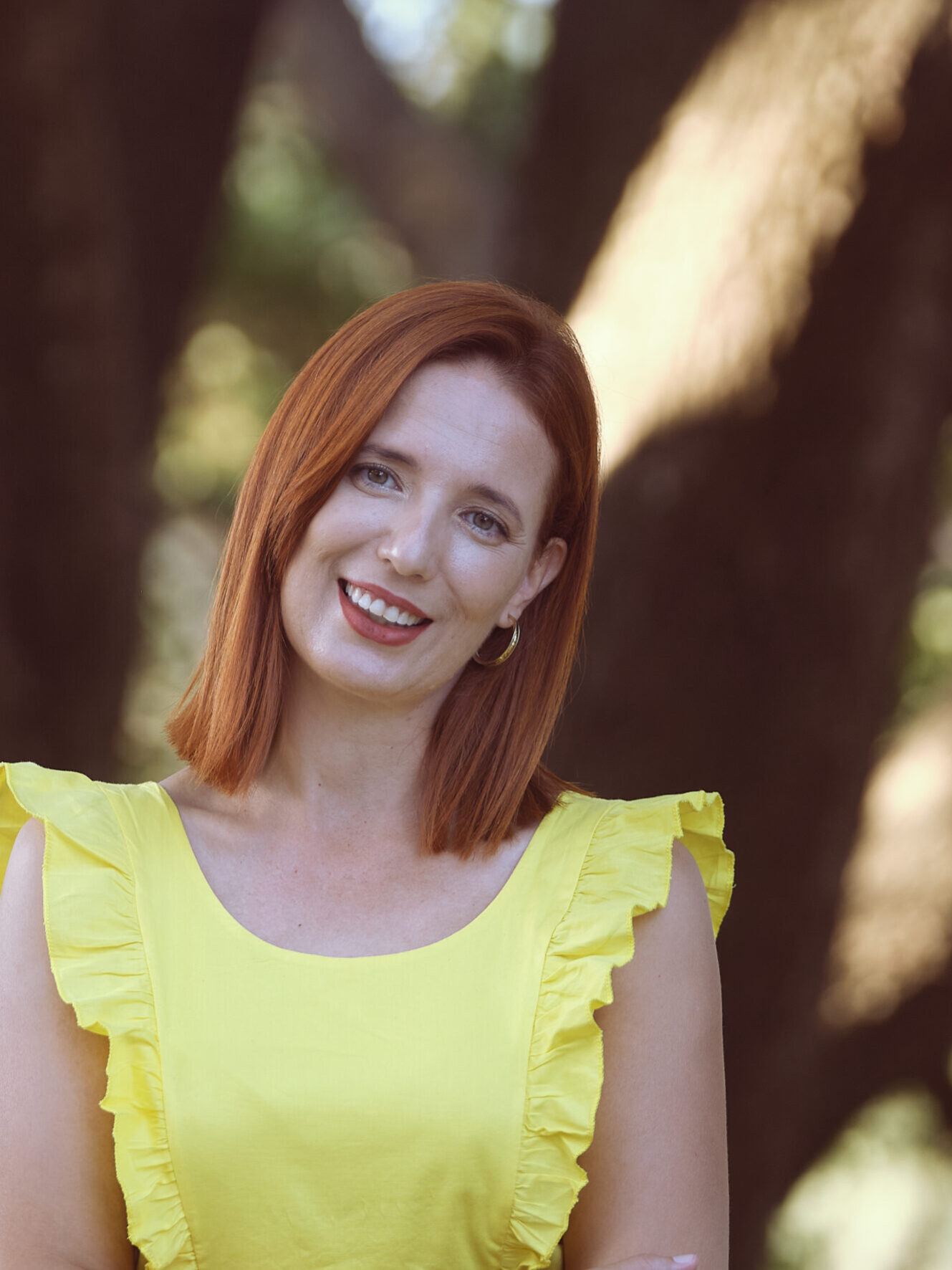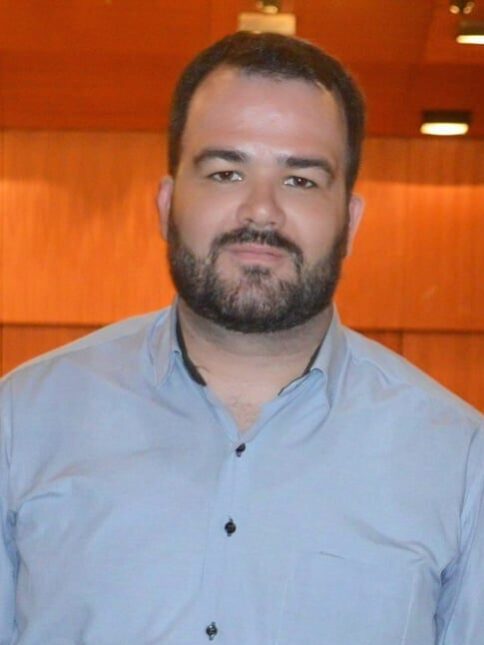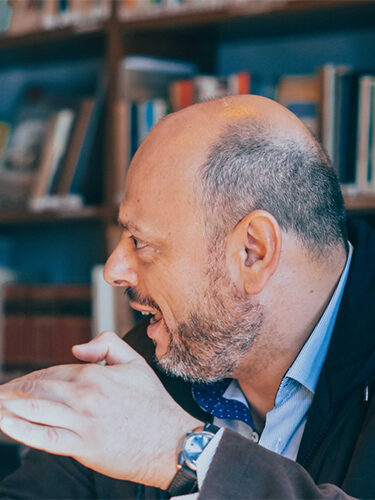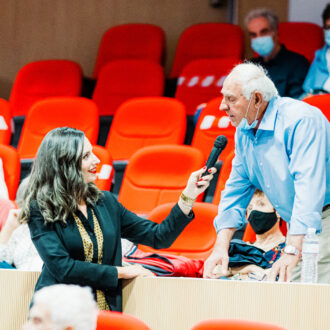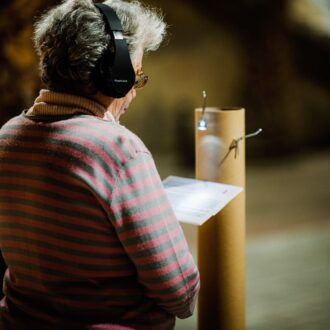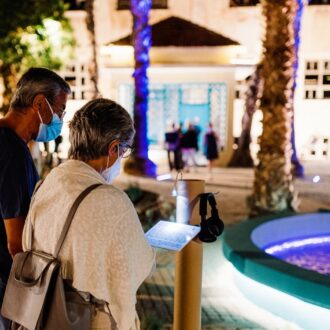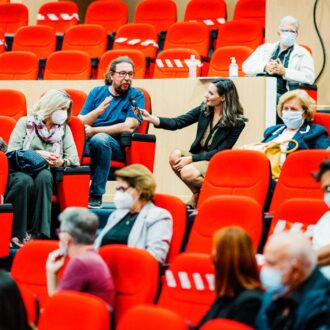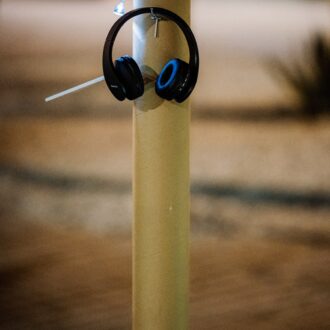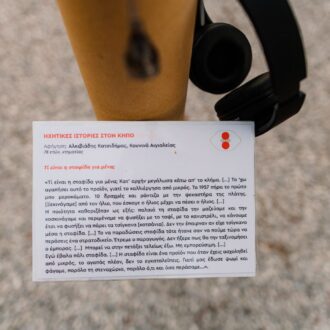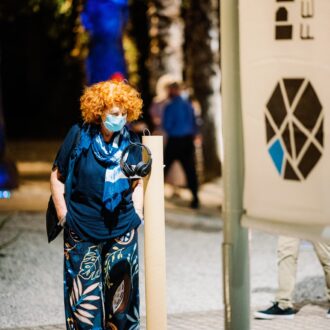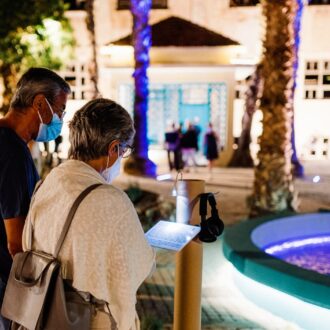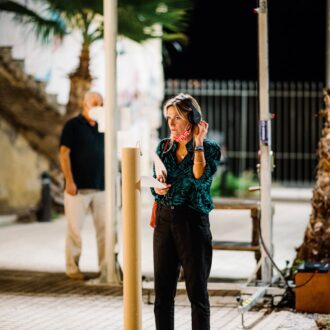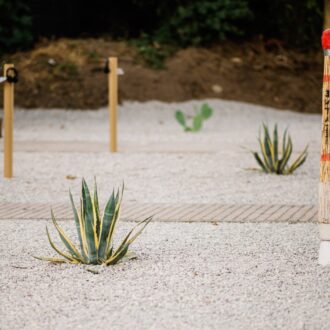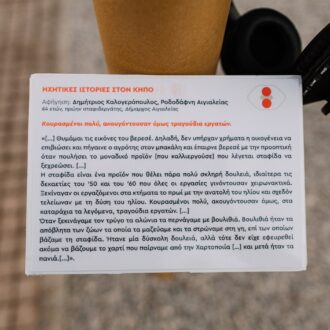Oral history
- is built around people,
- enlives history itself and broadens its horizons
- brings the story into the community and takes it out of it
- offers a challenge to the common places of history
- is a mean of radically transforming the social significance of history
Paul Thompson, Voices from the Past – Oral history, 2002, 53.
Oral history has the capability to approach the past and present from different perspectives. It is the “democratization” of historiography, highlighting historical aspects that the “mainstream” history usually overlooks. Given that the “historical” truth is a construction and only approximately are we aware of the facts of the past as they happened and many “objective truths” have been refuted many times, oral history records the past bringing to the light alternative truths of social groups left in the background as they have no access to power nor they keep records.
Through oral history we mainly study everyday people and their memory. Oral history records, with audiovisual means, narratives of life experiences (historical events, personal, group or social experiences). It can focus on historical events (a natural disaster, a war, a major strike) or personal experiences (daily life, immigration, occupation etc.) or a combination thereof. It is about the living memory of people who lived several events and interpret them in their own way.
Oral history is about how we, people, construct memory and how we delimit our future.
Oral history groups are created by local people. Their goal, after attending an educational seminar, is to collect testimonies and stories, applying the methodology they were taught, in order to preserve the memory and be informed about the history of the place.
Collective memory
Oral history testimonies are special because they are unique.
Collective memory is oral and is processed through memory. It is a communication process linked to a social group (e.g. social class, church, family). The relationship between language and collective memory is dialectical, since collective memory emerges through language (narratives, conversations). Memories, on the other hand, give a specific meaning to the past via the ways language is structured or used. According to Michael Bakhtin’s perspective about interactivity (The Dialogic Imagination: Four Essays. Austin: University of Texas Press, 1981), language is dialogic (interactive), as is life by nature. Human speech is characterized by heterolinguistics and polyphony, as distinctive characteristics of tradition, status, age etc are usually found in human speech.
Different voices mean different perspectives that often lead to “productive conflicts”. Through those productive conflicts emerge the questioning of reality itself. However, reality, as it is known, exists only because we, as social beings, individually or in groups, construct it in a specific way – with certain choices, distortions, simplifications, rationalizations and subtraction of elements of choice.
Memory is basically a reconstruction of the past using present data. A reconstruction which has been prepared through other reconstructions from previous eras from which past as we know it today has already been altered.
Maurice Halbwachs, “On collective memory”, Heritage of Sociology Series (1992)
Oral History Group for the Corinthian Currant (OPI-MAS)
Primarolia organisation created the first Oral History Group for the Corinthian Currant (OPI-MAS) in order to discover and document aspects of the Corinthian currant’s history from the areas where it was produced and from the ports where it was exported and imported, both in Greece and abroad. We aim to create a large network that begins from commercial and economic transactions and leads to social and cultural ones.
Glossary of the Corinthian currant
Words are memories. Mostly words that are special and lost in time.
The first step for the documentation of the Corinthian currant’s oral history was the creation of a glossary for words that are connected to the cultivation and the daily life of the producers and the workers. This project aims to the creation of a collection on words that will awaken memories and will contribute to the conduct of the oral history interviews.
You can enter any word you might know. Your contribution is welcome.





